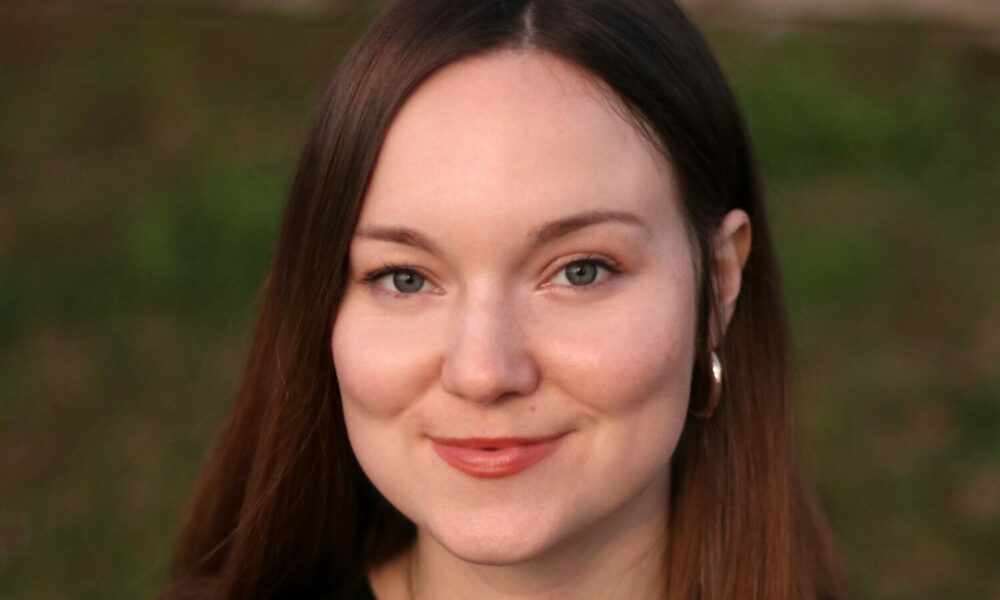

Today we’d like to introduce you to Katie Finn.
Hi Katie, we’d love for you to start by introducing yourself.
In 2019 I was working on the border of Bosnia and Herzegovina, where a humanitarian crisis was unfolding. Refugees from Afghanistan, Pakistan, and Syria, among other countries, try to cross a dangerous border into Croatia and claim asylum in the European Union. Europe has outfitted this border with attack dogs, thermal cameras, and heat-sensing drones to keep refugees on the other side of the border. Men, women, and kids languish in refugee camps while they wait for night and darkness to cross. Most fall victim to police brutality, freezing temperatures, and starvation. I was there for two months, handing out food packs, blankets, and basic first aid to these brave people. They were my friends, and I could barely stand to leave them when I returned to the U.S. for Christmas.
I fully intended to get back to Europe and continue that critical work. In the interim, I started work for a refugee resettlement agency in Nashville, and I was there when Kabul fell to the Taliban. While watching the evacuations and the terror on TV, it was clear that the resettlement of 60,000 Afghans was unprecedented in America’s history. I understood that my place was in Nashville, and I needed to stay to help welcome those Afghans who would send here to restart their lives. It wasn’t long before the agency began to receive the first arrivals, but a trickle soon turned into a flood. There were so many families arriving daily that it was clear that the agencies had been given an impossible task. I tried to fill the gaps when I saw them and help ease the load on my coworkers. I would deliver food to families in hotel rooms late at night and take children shopping for coats to get through the Tennessee winter. There was so much to be done and so many questions about how they would get through the next day, let alone set down roots and thrive. I believe that we were all overwhelmed with the need, and at times I was reminded of those dark days in Bosnia when the crisis seemed too great for any person or organization. At my family’s insistence, I started a GoFundMe to help cover the costs of food and clothes for more than 100 of my new friends. To my utter surprise, GoFundMe raised more than $25,000 in just a couple of weeks. This was nothing short of a blessing, as I could see the gap widening. Over the next few months, more than 550 Afghans would come to our city. My path was clear, and I parted ways with the agency to serve the most critical needs. I met Saleem Tahiri, an Afghan community leader in Nashville during this time. He was helping our new neighbors in the same way, I was, out of his pocket, on weekends and evenings.
Having come to the U.S. through the refugee resettlement process only a few years before, Saleem had true knowledge of the experience I could never grasp. His perspective, cultural awareness, and loving patience have shaped TRA into an organization that walks with refugees, from aid to beyond. After that fateful meeting in the hotel hallways, with jugs of milk in hand, we knew we were working for the same goal: a Nashville that welcomes everyone. We banded together, and with the help of dozens of incredible, hard-working volunteers, we formed Tennessee Resettlement Aid. We are humbled and grateful to serve more than 600 Afghan refugees with critical food boxes, home goods, diapers, computers, toys, hygiene kits, and more- all delivered to their doorsteps. It’s our pleasure to provide free transportation to appointments and community events. We can all do this thanks to the generous donations that our community has poured into this welcome effort. It is the most rewarding, challenging, and powerful journey of my life, and I could not do it without the tribe of people around me. At TRA, we dream that every refugee knows that they are loved, they are welcome, and that they are never alone. Nashville has made that possible.
Would you say it’s been a smooth road, and if not, what are some of the biggest challenges you’ve faced along the way?
There have certainly been hurdles and roadblocks along the way. Some days, the need is too great, and there are many more questions than answers. For refugees and the people who love them, the future is frightening. So many foundation blocks of survival have been destroyed; language, cultural understanding, and community, to name a few. We have families cleaved in half, with mothers here and fathers trapped in Afghanistan. It is like having your life ripped apart at the seams; the only answer we have to give is to wait. Wait and give it time and keep working for your future. You’re not there yet; you must get up and take a step and then another step, and one day, you’ll open your eyes to a new day, and it will be brighter than you believed it could be. The darkness gets to all of us, even me. It gets heavy seeing people struggle and yearn for a life that’s lost.
I truly believe I have been called to do this work and try to rise to the occasion every day. But just because something is your “calling” does not mean it’s an easy road. If anything, it is more challenging to live in your vocation because great missions require great sacrifice. Saleem and I sometimes joke about our lives before the Afghans came and can barely remember them. I will say with certainty that our lives were as joyful, nowhere near as meaningful as the ones we lead now, and we would not trade a single day.
Thanks for sharing that. So, maybe next you can tell us a bit more about your work?
I graduated from the University of Edinburgh with a master’s in Development, so I was a student for most of my 27 years. I learned a lot in the classroom but much more while walking across the world. I’ve backpacked across Africa three times, hitchhiking and sleeping on strangers’ floors. I wanted to meet people and ask them the hard questions about poverty, opportunity, and the lottery of birth. Why do borders exist, and why do they decide who lives and dies? Who thrives and who suffers? As you can imagine, I didn’t get any good answers. At least, not any that satisfied. So I became a humanitarian and went to the grittiest crisis I could get to, which was on the border in Bosnia. That experience was powerful, and it made me tired and critical. My eyes were open to those massive aid organizations with huge budgets and well-paid staff who fly above the suffering. I saw things that made me angry, and I knew that if I had the opportunity to serve, I would do it much differently. I would ensure that life-saving money, items, and food got to those who needed it.
Now, I’m an Executive Director of a non-profit aid organization that serves refugees, and I understand that self-sufficiency and empowerment are critical aspects of aid. These require thought and planning, conscious decisions about how to help people help themselves, and what repercussions that can have in their lives. TRA is an aid organization, but we also advocate for employment, skills training, and capacity development. We want to see our friends contribute, to turn around and help the next group, because there will be more, and we must be ready.
Can you tell us more about what you were like growing up?
I was a weird kid. My parents were older when they had me, both in their early forties. When you have more aging parents, you know you’re safe and taken care of, but they’ve had lives and loves before you. Nothing revolved around me in my house. I was left to have fun and spent a lot of time exploring outside. I had a nickname in the neighborhood: Deathwish. I would sneak into my neighbor’s yards to get to the tall trees and climb very high. Way too high for anyone without a harness and a line. The neighbors would see me in their trees, call my mom, and say, “Deathwish is in my tree again; come get her.” And I’d be in trouble until I did it again.
I liked animals a lot. I would try to steal birds’ eggs out of the nests to raise them as my own. A lot of momma birds attacked me. We lived on a river, so I often fish off the dock with no shirt on (like my dad) and pick up snakes. Like so many little girls, I liked horses, and my parents finally caved and put me in lessons. Before that, my dad tried to distract me from horses by buying me mice to have as pets. Do you know the albino ones for $1.00 at pet stores? Generally used for snake food, but I used to carry them around in my pockets all day. I would take my mice everywhere and consequently lose them everywhere. We had mice hunts in Walgreens church friends’ houses. Finally, they bought me my first horse, and it was less trouble, funnily enough.
I have great parents, and I’ve put them through a lot with my antics and adventures. They never tried to clip my wings or tie me down, they always let me fly, and much of what I’m able to do is thanks to them.
Contact Info:
- Website: https://www.tennesseeresettlementaid.org
- Instagram: https://instagram.com/tennesseeresettlementaid?igshid=YmMyMTA2M2Y=
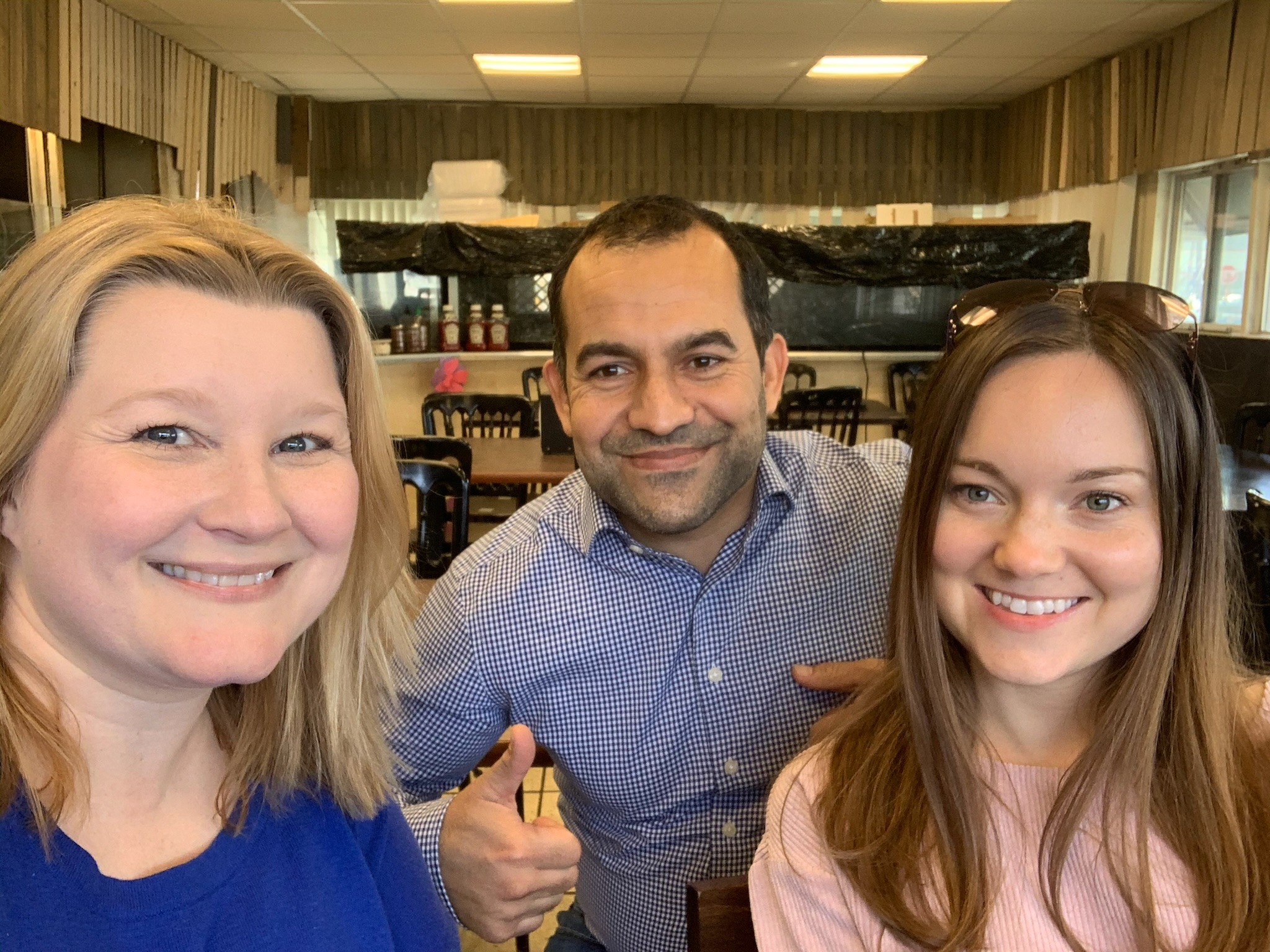
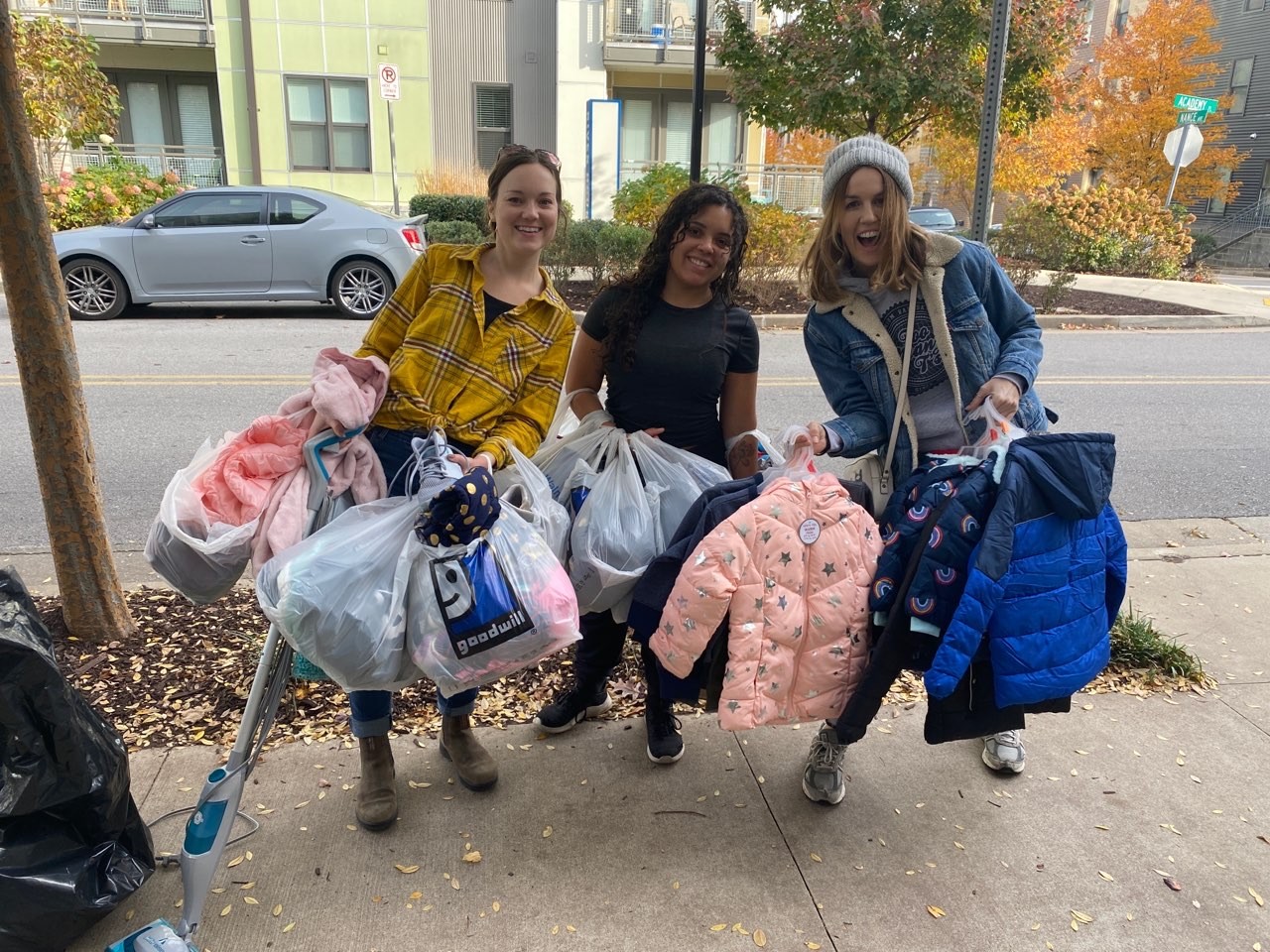
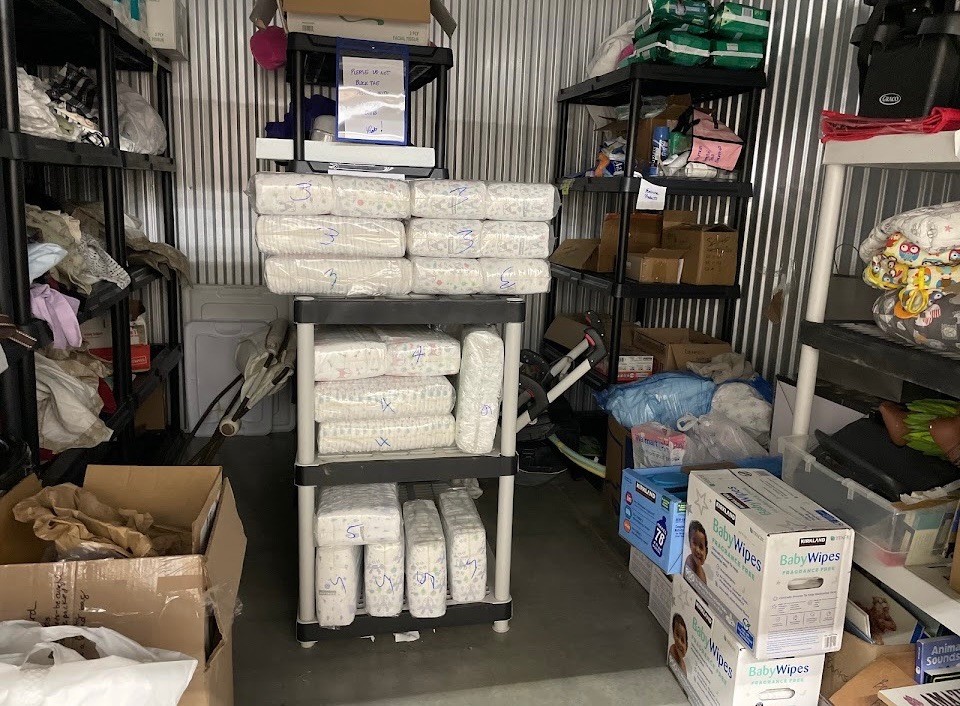
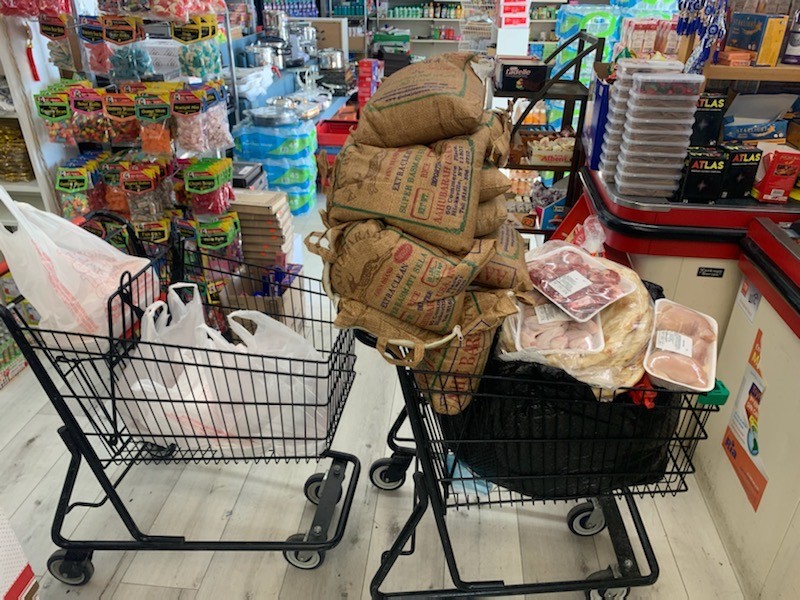
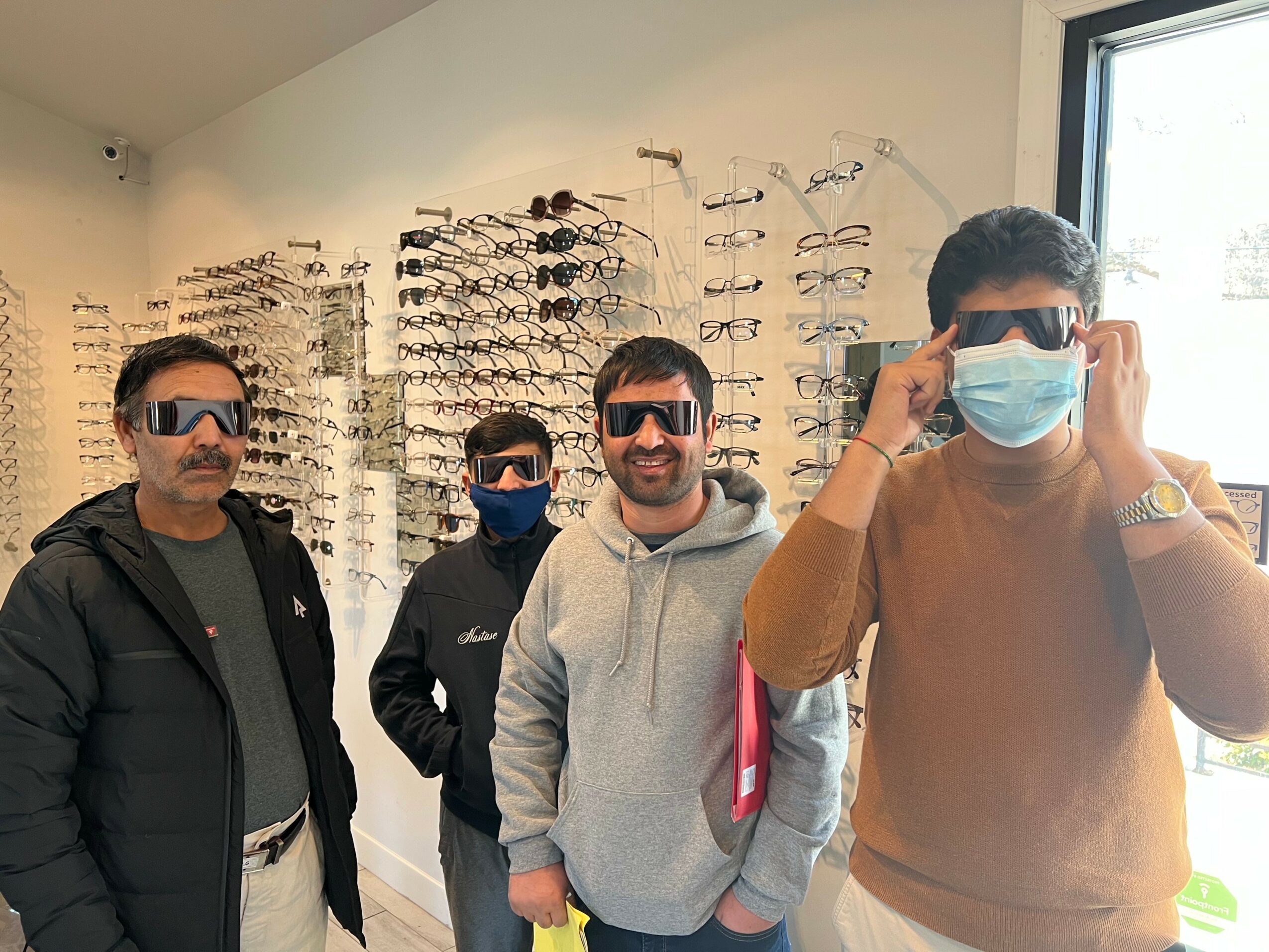
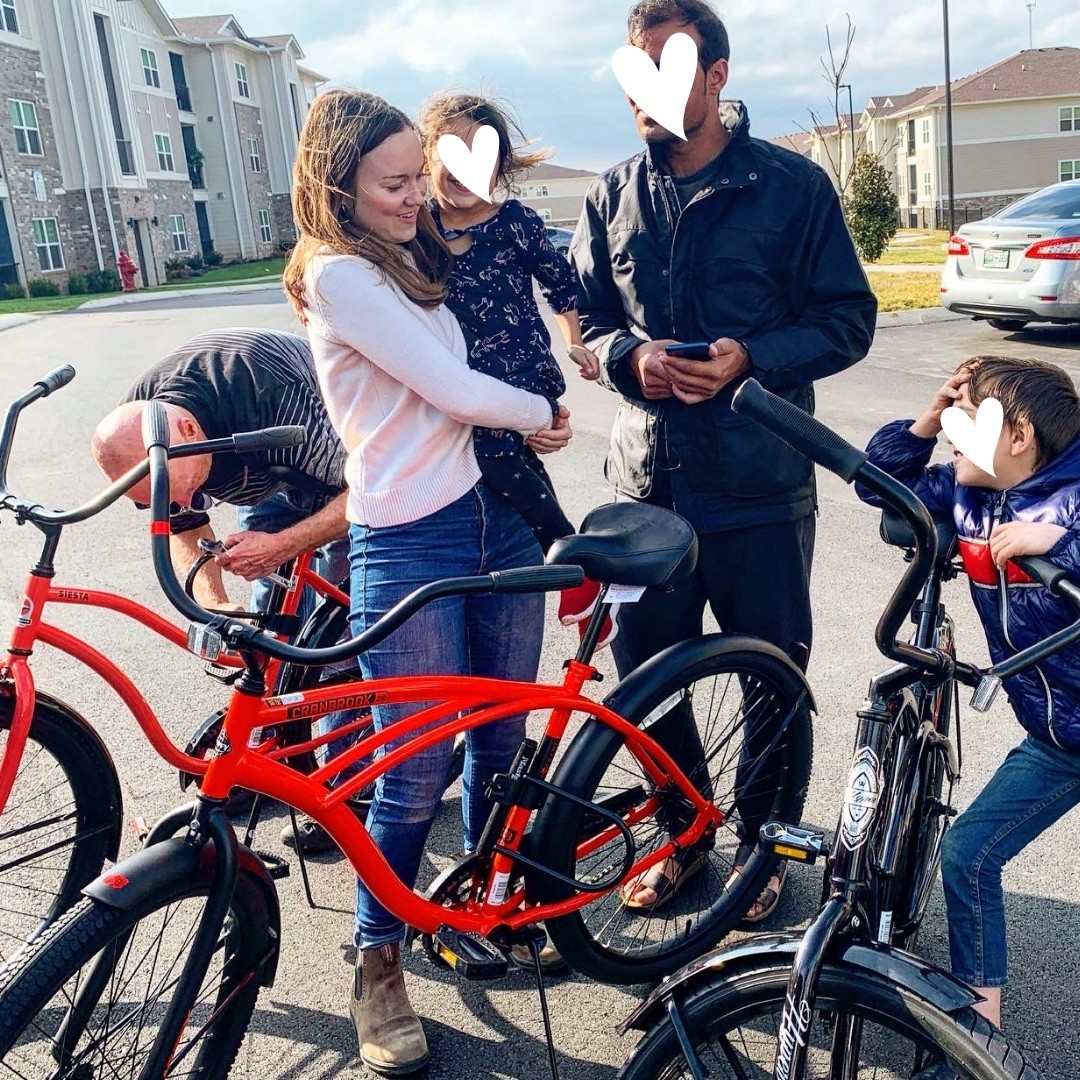
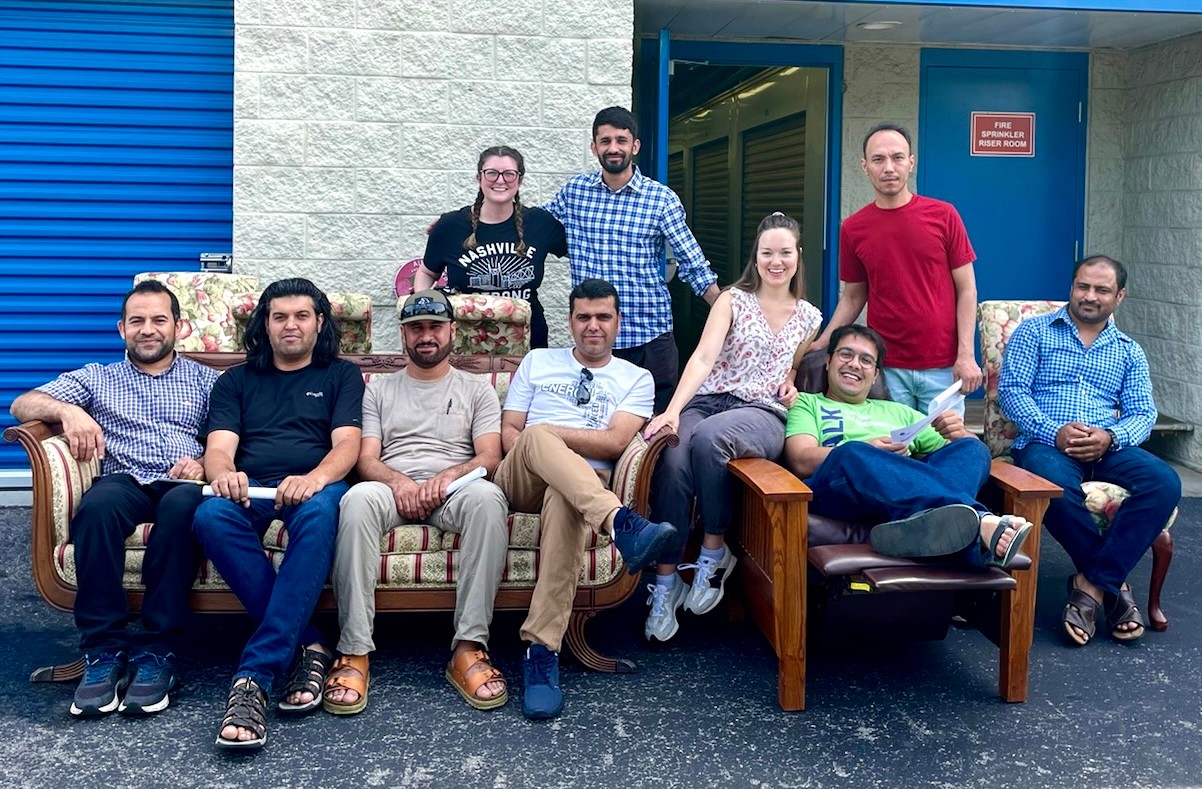
Image Credits
My personal phone or friends. No professional photographers were present.












